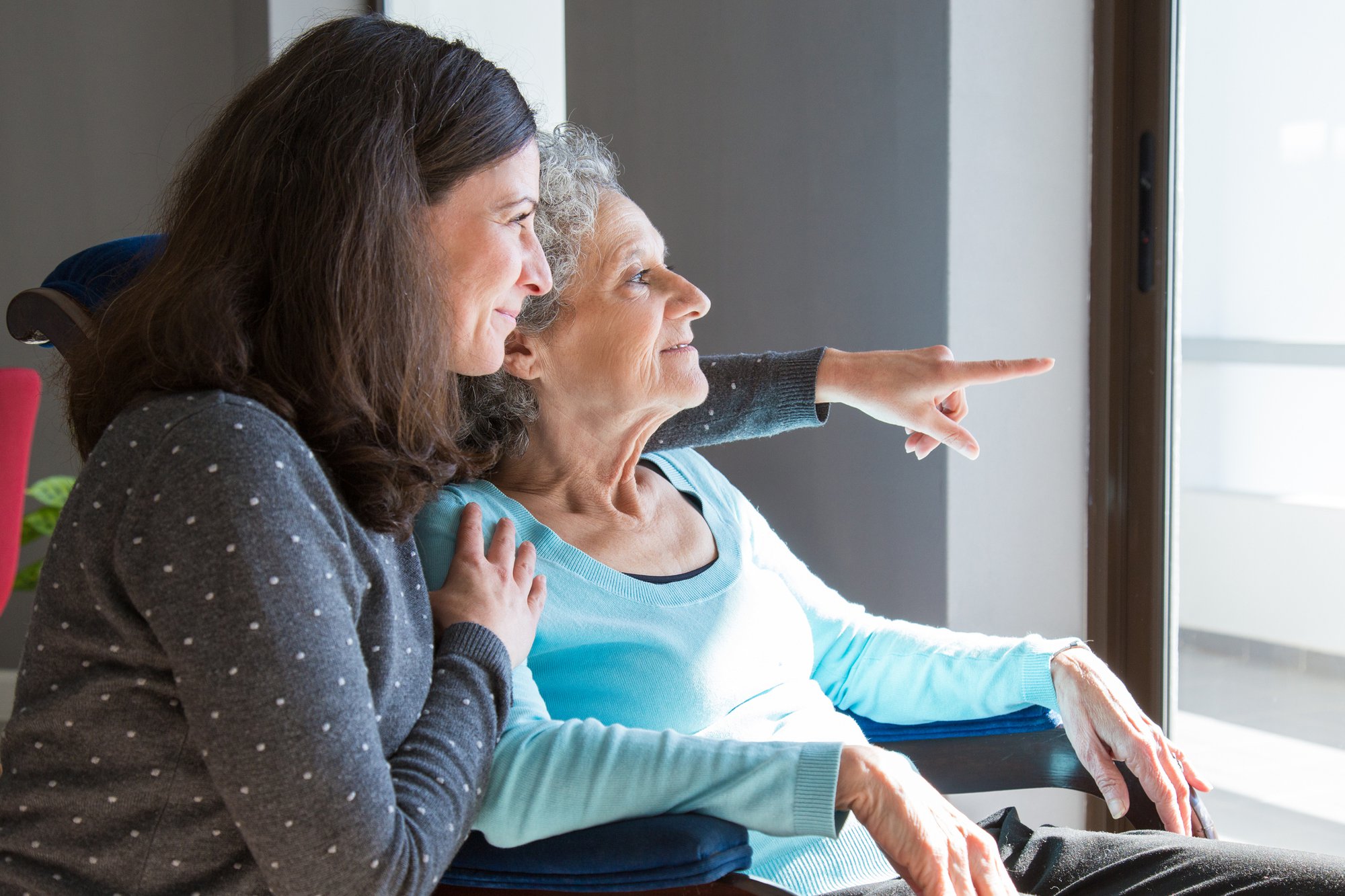Many elderly parents want their independence for as long as possible. But when basic, day-to-day activities start to interfere with their quality of life, they need help to make things easier and more comfortable. And when you help, you could also use family caregiver support to ensure quality care daily.
This support can help change lives and can help give elderly parents a good balance of support and independence. Here are four tips for caring for elderly parents at home and how to take care of yourself while doing it.
1. Get help early.
Caregiving is a great responsibility. It also gets more necessary as your loved one continues to age and as their needs grow. You want to be realistic when you assess how much help your loved one actually needs. It’s best to avoid waiting until there’s a crisis to work out exactly how much care is needed and who will be providing it.
It’s understandable if you feel responsible for your loved one, and that’s okay. Of course you want to do everything you can to care for them. But there’s a reason that the golden rule of caregiving is, “You can’t care for another until you care for yourself first.” Burnout leads to frustration and mistakes that could harm your loved one, so the sooner you enlist helpers, the better.
Whether you get the whole family involved, work out a schedule that lets you take frequent breaks, or find a family caregiver support group, remember that you’re not alone. In fact, you have many options to find help along the away.
For example, you can:
- Enroll your loved one in an adult day program at your local senior center.
- Hire in-home care to give you time off.
- Use respite care frequently.
- Find a volunteer program in your area for senior companions.
- Reduce your workload by signing up for Meals on Wheels.
2. Reduce your caregiving costs.
Caring for your loved one can be emotionally, physically, and financially demanding. And if the financial burden piles too high, it can affect both your and your loved one’s quality of life. Reducing your caregiving costs as much as possible can help lower the additional stress, and help you focus on the care that matters the most.
You have a few ways of reducing costs, which can help you focus less on money and more on care. These options include:
- applying for government or private benefits programs
- applying for family caregiver support grants
- reducing the costs of prescription medications
- speaking with an elder law attorney about spending down to qualify for Medicaid
These are only a few of the many ways to help relieve your financial burden as a caregiver. Your local Area Agency on Aging can help you learn more about the programs and assistance your loved one may qualify for.
3. Find a way to provide easy-ready meals.
Senior citizens are at a high risk for malnutrition, which is linked to depression, anxiety, and a lowered immune system. There are also many factors that play into this risk. These include an inability to drive to the grocery store, walk around and shop, prepare their food, or remember recipes and cooking techniques. When seniors can’t do these things, they become more likely to skip meals, or eat highly processed foods that have no nutritional value.
And cooking your loved one’s meals from scratch can quickly become difficult, especially if you’re also cooking for your own family. To make it easier on you, try to get help from neighbors and friends to start a meal train for better overall family caregiver support. For this, everyone takes turns cooking and delivering food. You can also save time and money by preparing and cooking healthy, easily heated meals and keeping them in the freezer.
If these options aren’t enough or if you can’t quite afford feeding another person, consider using a meal service, such as Meals on Wheels, which served over three million Arkansans in 2020 alone. Senior meal services are required to follow nutritional guidelines to ensure that the elderly get hot, balanced, home-delivered meals. Many senior centers also offer hot lunch services that can help make things easier for you.
4. Keep your loved one active and engaged.
Research has shown that feelings of isolation and disconnect can cause seniors to decline in physical and mental health. This means you should check in with them regularly, and see they’re getting the exercise and social engagement that they need to stay healthy. This is especially true if your loved one is living without a partner or roommate.
You also have options if you can’t help your loved one get to their recreational, religious, or social activities. Consider using a transportation service, finding activities nearer to home, or hiring a companion for when you can’t be there. If they didn’t have these kinds of activities on their schedule to begin with, it’s time to explore your options. Social, intellectual, spiritual, and creative stimulation are all deeply important for maintaining your loved one’s quality of life.
Senior centers are an excellent resource for family caregiver support. Most senior centers have a full calendar of events and clubs. From knitting and book club to chair yoga, water aerobics and even virtual kickboxing, there’s always something that your loved one will enjoy and something to keep them engaged. Often, senior centers are able to offer transport to and from the center. And other groups like churches, temples, or synagogues may also offer free transportation services for homebound seniors.
For more information
Seniors need consistent, quality care and support as they age. If you have questions about family caregiver support or need more tips like these, contact the Arkansas Association of Area Agencies on Aging at (866) 379-3901. You can also fill out this form, and we’ll contact you as soon as possible.

Leave a Reply